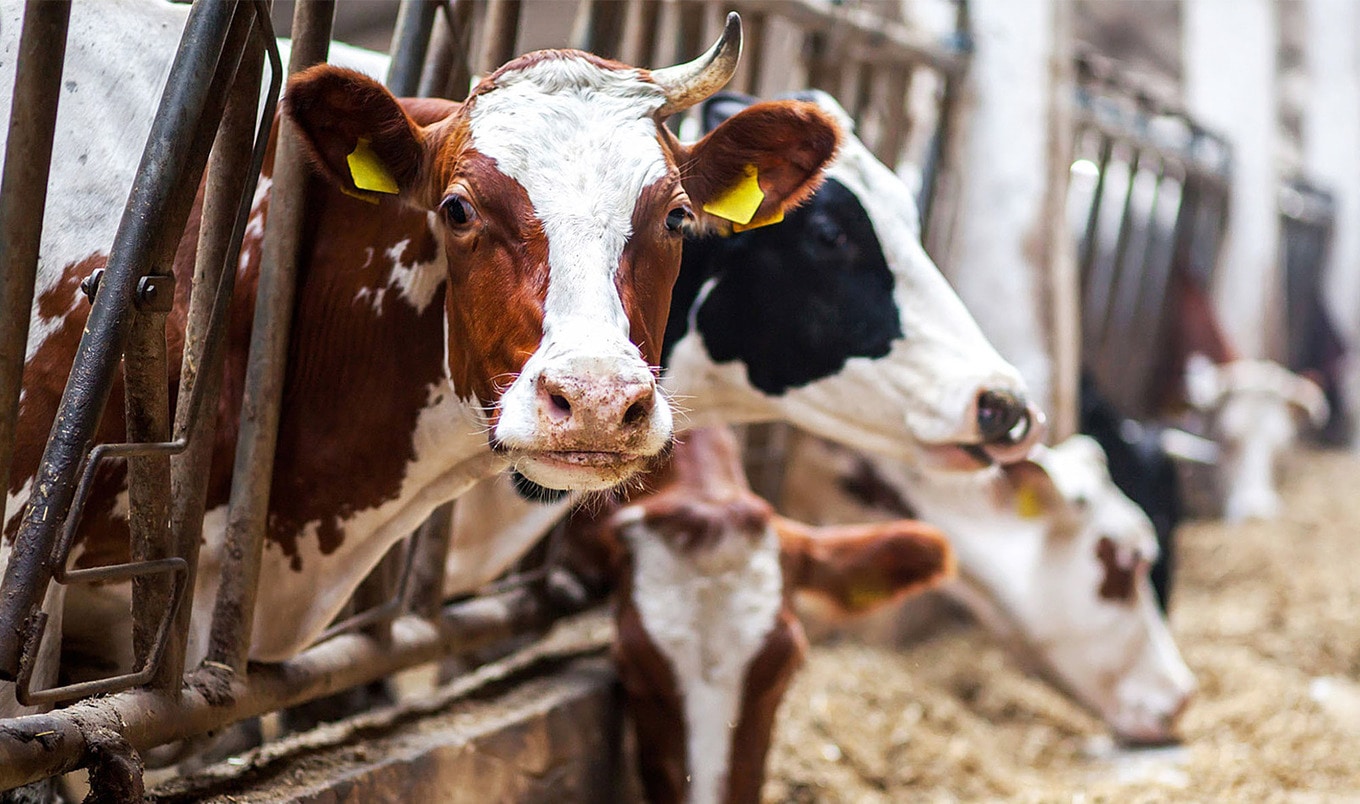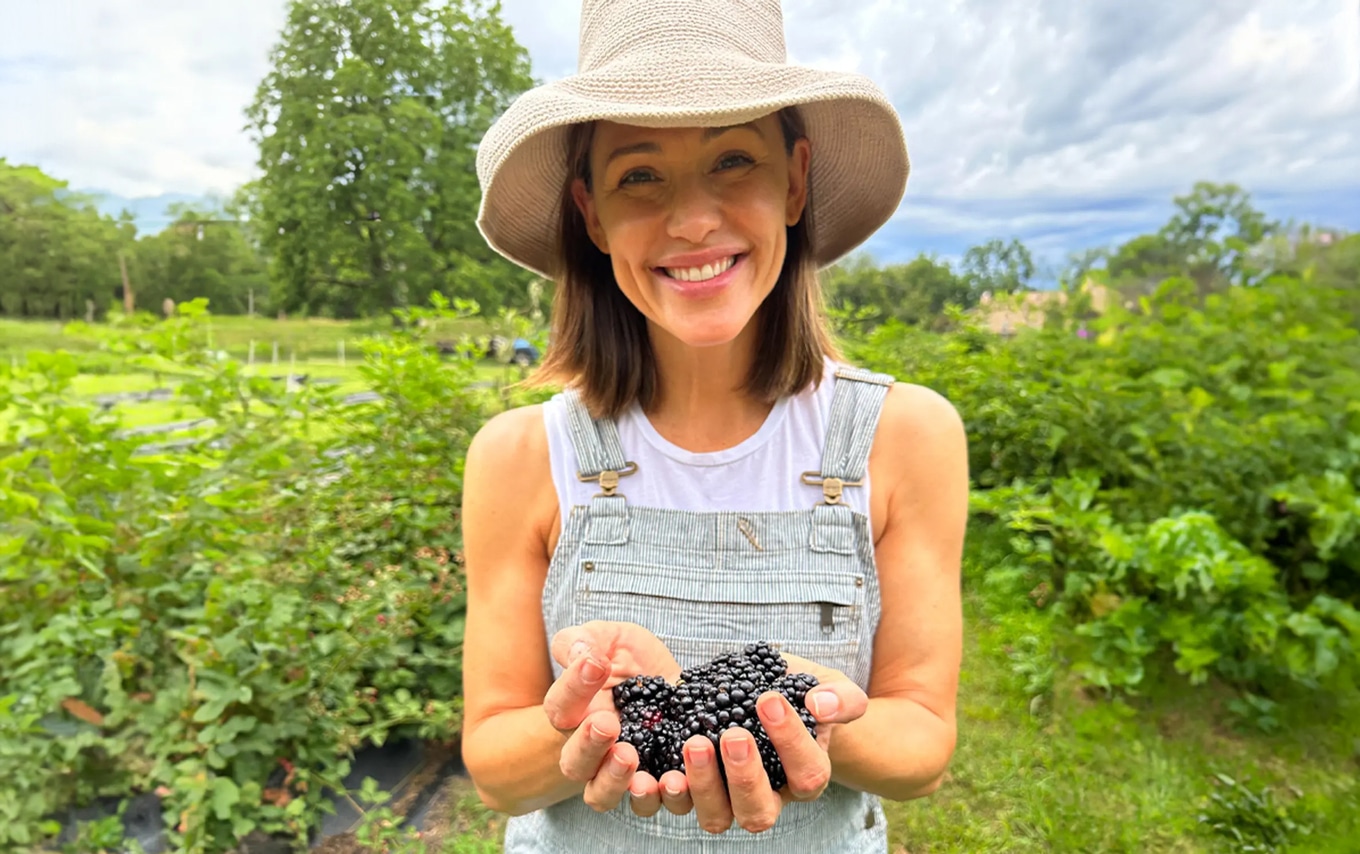The last few years have been a rollercoaster ride for the plant-based meat market. When Beyond Meat—arguably one of the most well-known brands in the plant-based meat arena—first went public in 2019, it made history when the stock surged to record-breaking highs. Since then, the brand has found its way to grocery store shelves, restaurant menus, and fast-food chains all over the world (hello, McPlant in the UK). But it hasn’t all been plain sailing for the California brand—or indeed, the rest of the plant-based meat industry.
In a very short period of time, the plant-based meat market was crowded with options. And all of that competition made things complicated. Even Beyond Meat CEO Ethan Brown has acknowledged that the number of products on the market made it very difficult for his brand to stay on its upward trajectory. We’ve also witnessed a pandemic, and, right now, a cost of living crisis, which has also affected product sales.
But all of that said, Beyond Meat is turning things around, and vegan meat sales—driven by health, environmental, and ethical concerns—do seem to be thriving. The story appears to be a little different for traditional meat, however. Here’s what you need to know.
Beyond Meat
Table of Contents
Vegan meat sales to increase
According to Brown, Beyond Meat is set for a solid second half of this year, which will see the company return to growth and achieve cashflow positive status, reports AgFunder Network Partners (AFN). This follows year-on-year declines in US food service and retail, but growth in international food service.
The company is set to launch new products, after reportedly failing to do enough to separate itself from the pack in recent years. “A tremendous number of entrants came into the [plant-based meat] category,” Brown told AFN. “It became a very crowded and somewhat confusing landscape for the consumer, and I don’t think we did enough to really stand out.”
“Now some of that is taking care of itself as the category shakes out and I think the consumer is left with a much more rational and approachable decision set in grocery,” he added, before revealing that a new, “animalic” edition of the Beyond Burger is set for release. “It’s been a long time in the making,” he said. “But we are receiving very positive reviews from early customer tests.”
Several reports have indicated growth in the plant-based meat sector as a whole. According to Grand View Research, in 2022, the global plant-based meat market was worth more than $4.4 billion, and it’s expected to expand at a compound annual growth rate of 24.9 percent from 2023 to 2030.
The market research platform does also acknowledge that things haven’t been easy for everyone in the industry (calling out Beyond Meat and fellow California plant-based giant Impossible Foods, specifically), but “rising consciousness” among consumers will help to keep overall growth on track.
“Diverse plant-based meat types continue to grow in popularity, which diversifies and expands the category,” Grand View Research reports. “The exponential growth of refrigerated plant-based meat is likely to continue over the forecast period of 2023-2030. It reflects a shift in both product innovation and merchandising strategies across the plant-based industry.”
Individual retailers have also spotted growth in the plant-based sector. Sprouts Farmers Market, for example, which has more than 380 stores across the US, recently reported a 21-percent growth in the sale of plant-based alternatives. And even meat giants themselves are banking on demand. John Pinto, the CEO of plant-based brand PlantPlus Foods, which was jointly created by Brazil’s second-largest beef producer Marfrig, also recently acknowledged challenges, but predicted that global plant-based food sales will surge to $30 billion in the next decade.
“Plant-based consumption has slowed down due to the macroeconomic scenario and all the supply-chain hurdles that all the food sector faced over the past years,” Pinto told Bloomberg. “We see this moment as a chapter on the sector’s expansion process.”
 Adobe Stock
Adobe Stock
Is demand for conventional meat dropping?
While the plant-based market appears to be accelerating, the story seems a little different in the conventional meat industry.
It’s important to note that the market is undeniably still colossal, worth nearly $900 billion, and millions of people still love regular, animal meat from factory farms. But recent reports indicate that the cost of living crisis has caused consumers to pull back a little from making big animal protein purchases.
According to data from the Meat Demand Monitor Project, US consumer demand hit a peak during the middle of last year and has been dropping ever since. That said, the demand still remains higher than it was in 2020, during the pandemic.
But there are other reasons, aside from price, for the drop in demand since 2022, claims Professor Glynn Tonsor of Kansas State University’s Department of Agricultural Economics. “Regularly … we observe the relative importance of price is lower in many coastal states (on average within those states at least),” he told National Hog Farmer.
“My opinion is most coastal residents likely place a higher priority on environmental impact, animal welfare, and perhaps some other social considerations that differ from the traditional eating experience factors of taste, fresh[ness], etc,” he continued. “Accordingly, this makes price a lower relative factor for those residents.”
In the EU, the meat market also appears to be struggling. In April 2023, for example, the European Commission revealed that beef, pig, and sheep meat production are forecast to see declines. And in the same month, Germany’s Federal Office for Agriculture and Food revealed that the country’s meat consumption was at its lowest level for over 30 years.
This is ultimately good news for climate scientists, who have consistently been urging Western countries to cut down on their meat consumption for the benefit of the environment. Animal agriculture is a leading contributor to a number of major environmental issues, including deforestation and rising greenhouse gas emissions.
In April 2022, one study from the University of Bonn in Germany suggested that meat consumption must drop by at least 75 percent in rich countries, which are putting an unnecessary strain on the planet through a high demand for animal products.
“If all humans consumed as much meat as Europeans or North Americans, we would certainly miss the international climate targets and many ecosystems would collapse,” said the study’s lead author Professor Matin Qaim.







